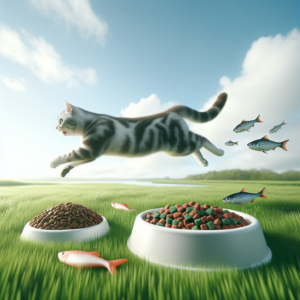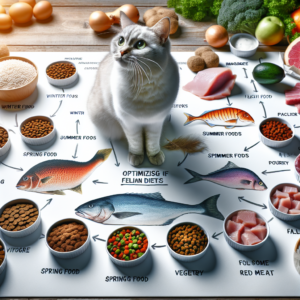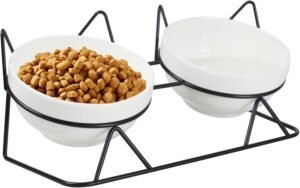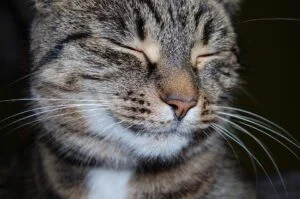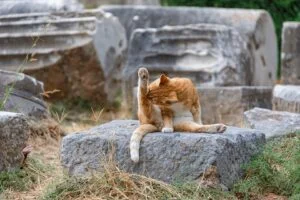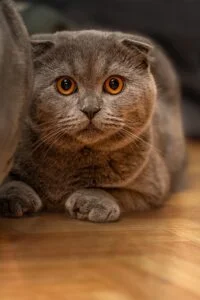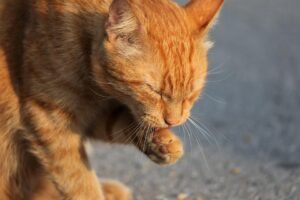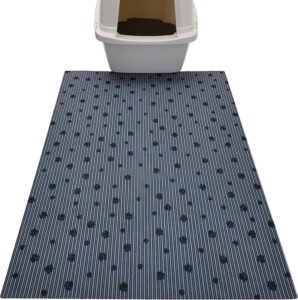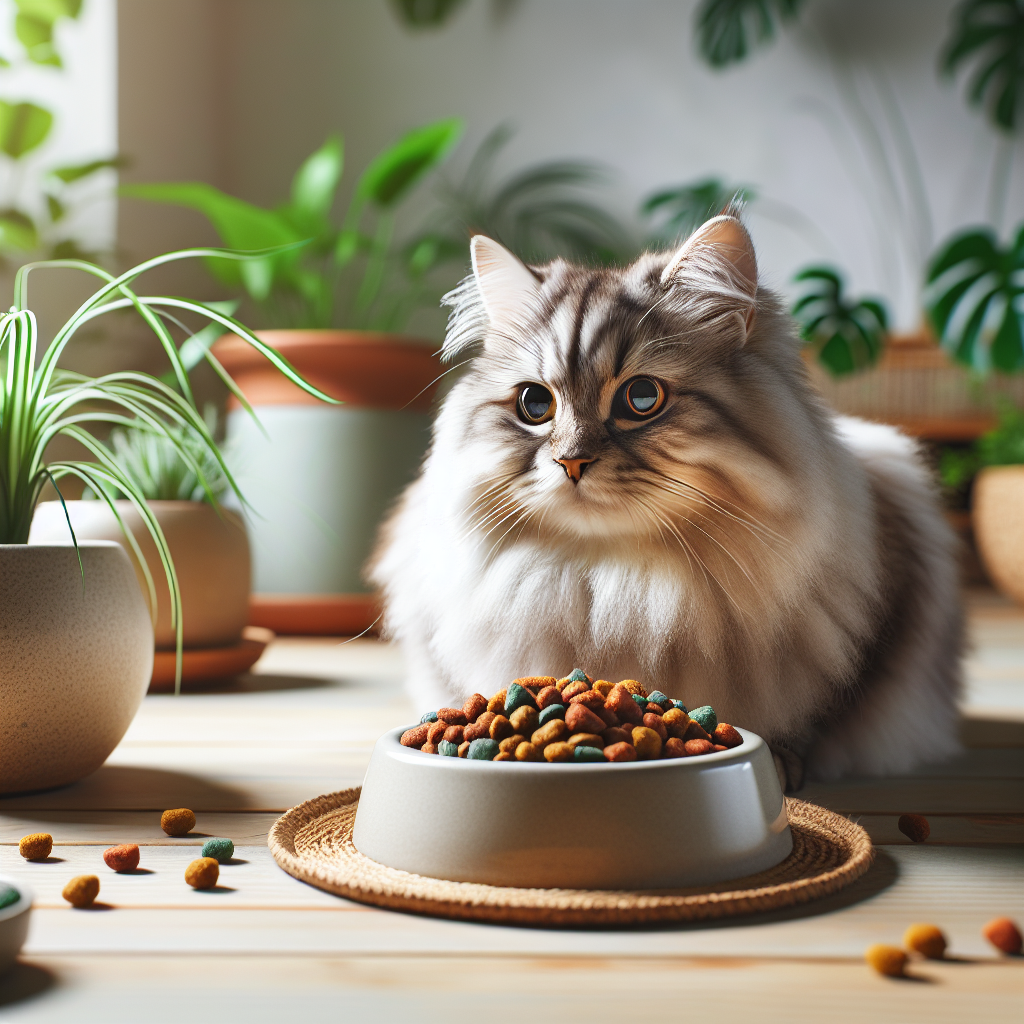
Introduction
Cats can be notoriously picky eaters, and there are times when their appetite may decline, causing concern for pet owners. A lack of appetite can result from numerous factors, ranging from stress and illness to environmental changes and food preferences. Ensuring your cat maintains a healthy appetite is crucial for their overall well-being and vitality. This article explores various natural methods to boost your cat’s appetite, ensuring they receive the nutrition they need to stay healthy and active.
Understanding the Causes of Appetite Loss
Before attempting to stimulate your cat’s appetite, it’s important to understand the root causes of their lack of interest in food. Some common reasons include:
- Medical Issues: Illnesses, dental problems, and infections can cause discomfort, leading to a decreased desire to eat.
- Stress and Anxiety: Changes in the household, such as moving or introducing new pets, can lead to stress, impacting your cat’s eating habits.
- Dietary Preferences: Cats can be fussy about their food, and they may simply dislike a particular flavor or texture.
- Environmental Factors: Changes in weather, noise, or even the location of their feeding area can affect their appetite.
Consulting a Veterinarian
If your cat’s appetite loss persists for more than a couple of days, it’s essential to consult a veterinarian. They can rule out any underlying health issues and provide guidance on how to address the problem. Early intervention is key to preventing more serious health complications.
Natural Ways to Boost Your Cat’s Appetite
1. Establish a Routine
Cats thrive on routine, and establishing a consistent feeding schedule can help stimulate their appetite. Feed your cat at the same times each day, and try to minimize disruptions during meal times. Consistency will help your cat anticipate meals and build a healthy eating habit.
2. Experiment with Different Foods
If your cat is a picky eater, offering a variety of foods might pique their interest. Experiment with different flavors and textures, such as wet food, dry kibble, or freeze-dried options. You can also try rotating proteins to keep meals exciting. Always introduce new foods gradually to avoid digestive issues.
3. Warm Up Their Food
Warming your cat’s food can enhance its aroma, making it more appealing. Cats rely heavily on their sense of smell when deciding whether to eat. Gently heating their wet food to just below body temperature can make a significant difference in stimulating their appetite.
4. Use Food Toppers
Adding a tasty topper to your cat’s meal can make it more enticing. Options like chicken broth, tuna juice, or a sprinkle of nutritional yeast can enhance the flavor and aroma of their food. Ensure that any toppers used are safe and suitable for feline consumption.
5. Provide a Stress-Free Environment
Reducing stressors in your home can have a positive impact on your cat’s appetite. Create a quiet and comfortable feeding area, away from loud noises and other pets. Providing interactive toys and enrichment activities can also help alleviate stress and encourage a more relaxed eating experience.
6. Encourage Physical Activity
Regular playtime and exercise can stimulate your cat’s appetite by increasing their energy expenditure. Engage your cat in interactive play sessions using toys like feather wands or laser pointers. Exercise not only boosts their physical health but also reduces stress and anxiety.
7. Maintain Proper Hydration
Dehydration can lead to a decreased appetite in cats. Ensure that your cat has access to fresh, clean water at all times. Some cats prefer running water, so consider investing in a pet water fountain to encourage them to drink more. Wet food can also help increase their overall water intake.
8. Consider Natural Appetite Stimulants
There are several natural appetite stimulants available that can help encourage your cat to eat. These include:
- Catnip: While not all cats respond to catnip, those that do may experience increased appetite and reduced anxiety.
- Valerian Root: Known for its calming properties, valerian root can help reduce stress-related appetite loss.
- L-lysine: This amino acid supplement has been shown to boost appetite in some cats, especially those with upper respiratory infections.
Always consult your veterinarian before introducing any new supplements to your cat’s diet.
Monitoring Your Cat’s Progress
As you implement these strategies to boost your cat’s appetite, closely monitor their eating habits and overall health. Keep track of any changes in their behavior, weight, or energy levels. Regularly weigh your cat to ensure they are maintaining a healthy weight. If you notice persistent issues or if your cat is losing weight despite your efforts, consult your veterinarian for further evaluation and guidance.
Conclusion
A healthy appetite is crucial for your cat’s overall health and well-being. By understanding the potential causes of appetite loss and implementing natural strategies, you can help ensure your feline friend is getting the nutrition they need. Remember, patience and consistency are key, and it’s important to consult your veterinarian if your cat’s appetite does not improve. With the right approach, you can help your cat enjoy their meals and maintain a healthy, happy life.
